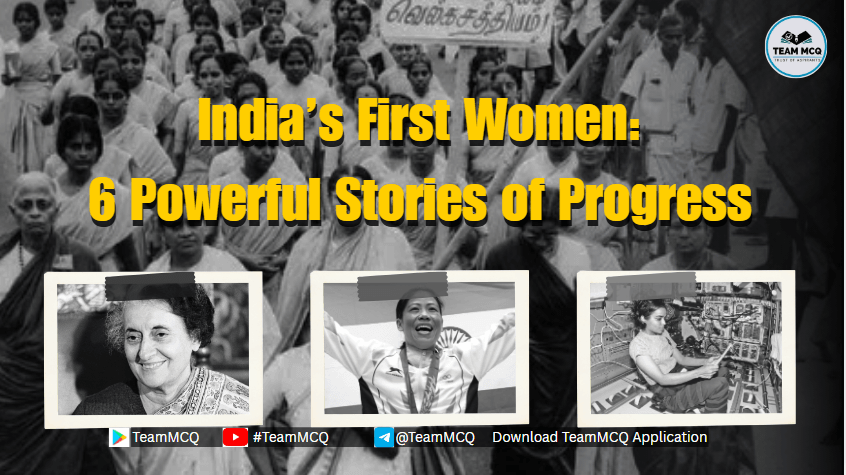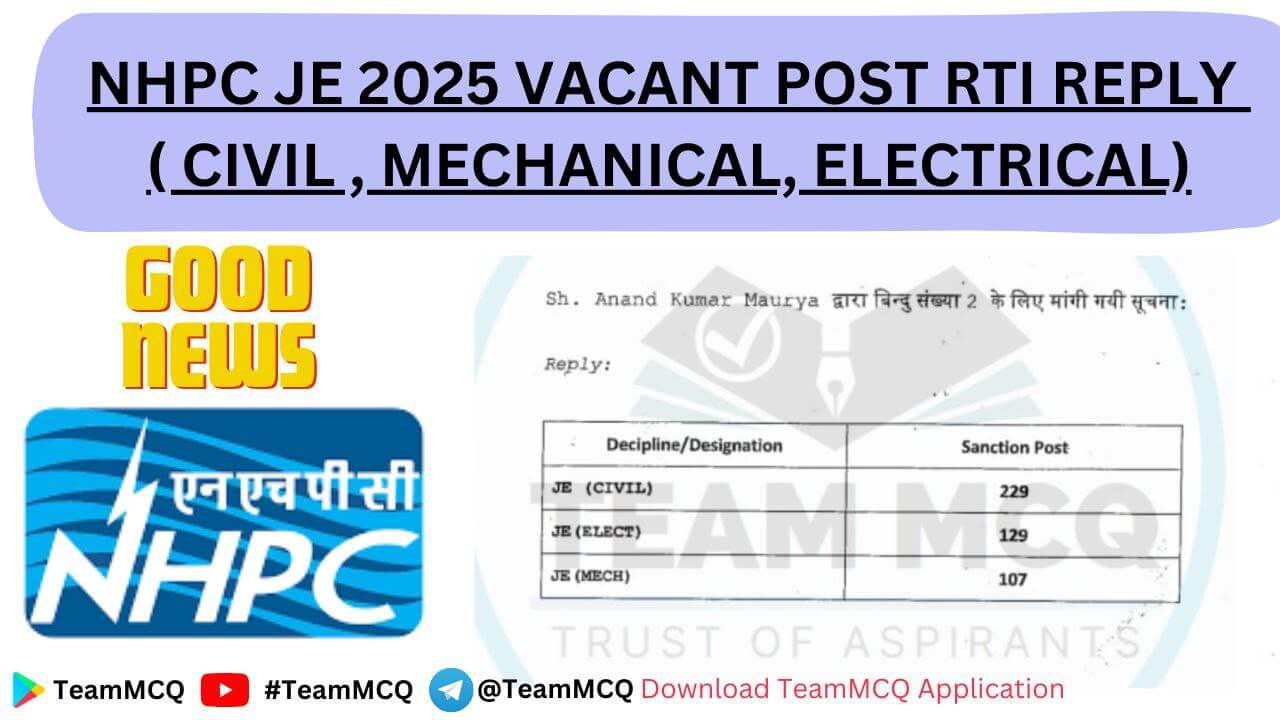India’s First Women have played a pivotal role in shaping the nation’s trajectory toward progress and equality. This article presents ten compelling narratives of women who were the first in their fields — in politics, science, law, aviation, sports, and the arts. These individuals not only broke societal barriers but also established new standards for leadership and excellence. From Indira Gandhi, the first female Prime Minister, to Kalpana Chawla, the first Indian-born woman in space, their contributions reflect resilience, intellect, and vision.
Justice Fathima Beevi and Kiran Bedi represent legal and administrative breakthroughs, while athletes like Karnam Malleswari demonstrated excellence on international platforms.
The legacy of India’s First Women is not only marked by their personal achievements but by the wider societal impact they catalyzed. Their pioneering efforts have opened doors for future generations and continue to serve as powerful models of empowerment. Through their stories, this article examines how courage, determination, and innovation helped redefine the role of women in India’s evolving socio-political landscape. Honoring these leaders is essential to understanding the broader history of gender equality and national development. Explore how India’s First Women helped shape a more inclusive and progressive India.
Trailblazing Power: India’s First Women in Politics and Leadership
India’s first women in politics and leadership played a transformative role in reshaping the country’s democratic ideals and cultural perceptions of governance. Among them, Indira Gandhi remains one of the most iconic. As India’s first and only female Prime Minister, her leadership from 1966 to 1977—and later from 1980 until her assassination in 1984—was marked by both admiration and controversy. She led the country during the Bangladesh Liberation War of 1971, emerging as a global figure and symbol of decisive governance. Her time in office signified a turning point, proving that women could not only participate in politics but lead at the highest levels.

Equally significant is Meira Kumar, who became the first woman Speaker of the Lok Sabha in 2009. Her appointment was more than ceremonial—it symbolized the growing acceptance of women in legislative leadership roles and parliamentary discourse. As the daughter of Dalit leader Babu Jagjivan Ram, her rise also represented a deepening commitment to inclusive politics.
In 2022, Droupadi Murmu made history as the first tribal woman President of India. Her election was a powerful statement of representation, giving voice to one of India’s most marginalized communities. Murmu’s background as a teacher and her political career in Odisha reflect her grounded understanding of grassroots challenges, making her presidency all the more meaningful.
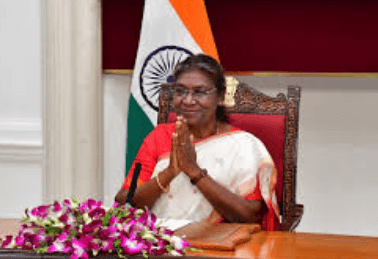
Before them, Sucheta Kripalani broke new ground as the first woman Chief Minister of an Indian state—Uttar Pradesh—in 1963. A freedom fighter and a member of the Constituent Assembly, Kripalani’s administrative acumen during her tenure demonstrated women’s ability to govern complex political landscapes with strength and poise.
These women not only claimed positions of power but redefined leadership itself. India’s first women in political office stood at the intersection of history and progress, dismantling longstanding biases and making way for generations of aspiring female leaders.
Justice Rewritten: India’s First Women in Law and Enforcement
India’s first women in the domains of law and law enforcement have rewritten the traditional script of justice, breaking through institutional and societal barriers to ensure the Indian legal system evolves to be more inclusive and representative. These pioneering women have not only achieved personal milestones but have driven structural transformation within the justice system.
One of the most distinguished among India’s first women is Justice Fathima Beevi, who, in 1989, became the first woman judge of the Supreme Court of India. Her appointment was historic—not only because it broke the gender barrier in the judiciary but also because it inspired a generational shift in public perception regarding women’s capabilities in interpreting and upholding the Constitution. As a woman from Kerala who rose through the ranks with resilience and integrity, she became a powerful symbol of gender equality in Indian legal circles.
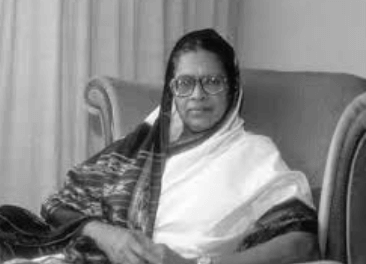
In law enforcement, India’s first woman IPS officer, Kiran Bedi, was a game-changer. Appointed in 1972, Bedi’s journey embodies what India’s first women often stand for—grit, service, and reform. From managing traffic in Delhi to initiating major prison reforms at Tihar Jail, her administrative innovations and ethical leadership have left a lasting impact. Bedi’s public service career has empowered a generation of women to see themselves not only as law enforcers but also as change-makers in a male-dominated field.

Another iconic figure among India’s first women is Leila Seth, who became the first woman Chief Justice of a state High Court (Himachal Pradesh) in 1991. She also played a key role in the Justice Verma Committee, formed after the 2012 Delhi gang rape case, helping recommend crucial amendments to India’s criminal laws. Seth’s legal vision proved that justice cannot be truly equitable unless women are part of shaping the law itself.

The legacy of India’s first women in law and law enforcement is more than symbolic—it represents a broader push for equity and reform. Their stories highlight how representation, when backed by excellence and courage, can redefine justice for an entire nation.
Breaking Limits: India’s First Women in Science, Space, and Medicine
India’s first women in science, space, and medicine have exemplified intellectual courage and innovation, breaking barriers in fields long dominated by men. Their achievements not only advanced their disciplines but also expanded what was possible for generations of young girls with dreams beyond the ordinary.
One of the most celebrated names among India’s first women in space is Kalpana Chawla, the first Indian-origin woman to travel beyond Earth’s atmosphere. Born in Karnal, Haryana, she pursued aeronautical engineering and eventually joined NASA, flying her first space mission in 1997 aboard the Space Shuttle Columbia. Her tragic death during her second mission in 2003 did not end her legacy—it magnified it. Kalpana remains a symbol of boundless ambition, inspiring future astronauts and scientists across India and the world.

In the realm of medical science, Dr. Indira Hinduja pioneered a transformative chapter in India’s reproductive health landscape. In 1986, she facilitated the birth of the country’s first test-tube baby, positioning India at the forefront of assisted reproductive technologies. Her innovations have brought hope to thousands of families and helped shape a new era of fertility treatment and women’s health in India.
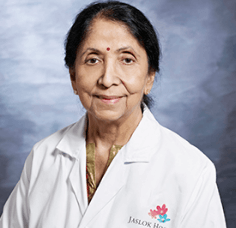
Among India’s first women to break ground in research was Dr. Asima Chatterjee, the first Indian woman to earn a Doctorate of Science. Her pioneering work in organic chemistry and phytomedicine helped bridge the divide between traditional Indian medicine and modern pharmaceutical science. Her contributions laid the foundation for future discoveries in natural drug development.
In defense and applied science, Dr. Tessy Thomas—known as the “Missile Woman of India”—became one of India’s first women to lead a missile project under DRDO. As project director of the Agni-IV missile, her leadership in one of the country’s most critical defense sectors shattered gender stereotypes and demonstrated that women could not only contribute to STEM but lead it at the highest level.

From the laboratories to the launchpads, India’s first women in science, space, and medicine have not just made history—they have expanded its boundaries. Their lives are proof that scientific excellence is not confined by gender, and that when opportunity meets talent, the results can propel a nation forward.
Champions of Grit: India’s First Women in Sports
India’s first women in sports have redefined national pride through perseverance, physical excellence, and sheer determination. In fields historically shaped by male dominance, these women not only participated—they triumphed, turning their victories into symbols of societal change and female empowerment.
The narrative begins with Karnam Malleswari, who made history by becoming the first Indian woman to win an Olympic medal. At the 2000 Sydney Olympics, her bronze in weightlifting marked a monumental shift in Indian sports. Her achievement shattered stereotypes and opened the floodgates for greater investment in women’s athletics. For many young girls across India, Malleswari was more than a medalist—she was proof that strength and femininity could coexist.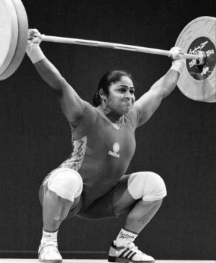
Mary Kom, the six-time world champion boxer from Manipur, added yet another feather to India’s sporting cap. As the first Indian woman boxer to win an Olympic medal (2012), she not only put India on the global boxing map but also challenged deep-rooted societal taboos about women in combat sports. Her journey from a remote region to the international arena exemplifies resilience and dedication.
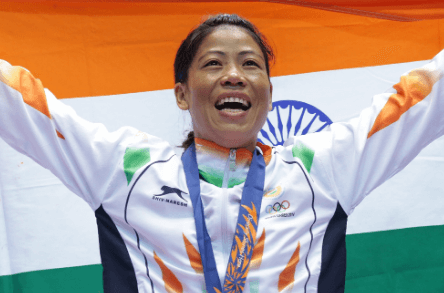
In cricket, Mithali Raj carved her name in history by becoming the first Indian woman to cross 6,000 runs in One Day Internationals (ODIs). Her calm demeanor and consistent performance redefined leadership in a sport where women struggled for visibility. Under her captaincy, Indian women’s cricket gained global recognition, media coverage, and institutional support that had long eluded it.
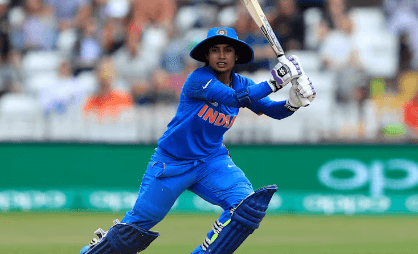
Avani Lekhara, in 2021, emerged as a new beacon of hope. She became the first Indian woman to win a Paralympic gold medal, triumphing in the 10m air rifle event. Her win was not just a sporting achievement; it was a profound moment of national pride and inclusion.

From lifting weights to lifting hopes, India’s first women in sports have illustrated that athleticism knows no gender. Their victories have reshaped national attitudes, giving rise to new policies, increased funding, and changing conversations around women in sports.
Creative Firsts: India’s First Women in Arts, Literature, and Culture
The cultural evolution of India has long been enriched by the creativity and intellect of remarkable women. India’s first women in arts, literature, and cultural leadership not only made their mark in history—they shaped how a nation sees itself.
Pioneers in Literature and Writing
In the literary world, Toru Dutt is often recognized as one of the first Indian women poets writing in English. Born in the 19th century, her poetry explored themes of identity, exile, and the struggles of being a woman in a colonial society. Despite her short life, her works bridged Indian heritage with Western literary forms, establishing her as a foundational figure in Indian English literature.
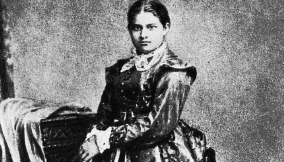
Later, Mahasweta Devi, renowned for her powerful fiction rooted in social justice, became the first Indian woman to win the Jnanpith Award for her contributions to literature. Her writings shed light on the lives of marginalized tribal communities, giving voice to the voiceless and reinforcing literature as a tool of resistance.
Theatre and Film: Women Behind and Before the Screen
Cinema in India began with men playing female roles on-screen, but change came early. Saraswati Phalke, wife of Dadasaheb Phalke (father of Indian cinema), is believed to be the first Indian woman involved in film production, assisting in the making of Raja Harishchandra (1913). Though often uncredited, her contributions helped shape the foundation of Indian cinema.
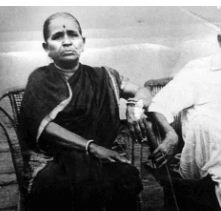
Devika Rani, often called the “First Lady of Indian Cinema,” was the first Indian woman to gain stardom in mainstream films during the 1930s. An actress and studio head, she paved the way for generations of female actors and producers, leading Bombay Talkies and introducing modern cinematic themes to Indian audiences.

Cultural and National Movements
In cultural leadership, Annie Besant—though British by birth—became the first woman president of the Indian National Congress in 1917. Her leadership in India’s freedom movement, combined with her contributions to education and Theosophy, highlighted the deep intersections between cultural reform and nation-building.
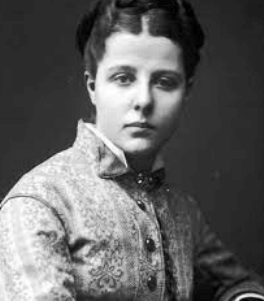
From poetry and performance to political culture, India’s first women in creative fields pushed beyond the limits of their time. Their stories are a testament to the power of imagination, expression, and the courage to lead from the front.
Wings of Change: India’s First Women in Armed Forces and Aviation
The military and aviation sectors have long been dominated by men, often considered too rigorous or high-risk for women. But India’s first women in these fields didn’t just take part—they soared beyond expectations and rewrote the definition of national service and courage.
Breaking the Rank: Punita Arora and Military Leadership
Lieutenant General Punita Arora made history by becoming the first woman in the Indian Armed Forces to reach the second-highest rank in both the Indian Army and the Indian Navy. As a medical professional, she led by example, showing that leadership in defense is not limited to combat roles. Her achievements inspired policy discussions around inclusion in defense roles and became a reference point in debates over women in combat positions.
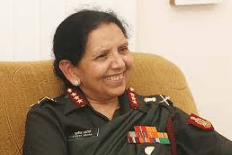
Flying High: Sarla Thakral and Avani Chaturvedi
In 1936, Sarla Thakral became India’s first woman to fly an aircraft, receiving her pilot license at the age of 21. At a time when Indian women had limited access to education and employment, Sarla’s flight was a metaphorical and literal ascent into new possibilities.
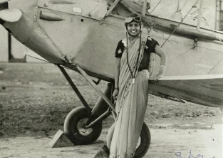
Decades later, in 2018, Avani Chaturvedi became one of the first three women commissioned as fighter pilots in the Indian Air Force and the first to fly a solo mission in a MiG-21 Bison. Her achievement was more than symbolic—it was an operational breakthrough, signaling the armed forces’ increasing openness to gender inclusion in core roles.
Serving with Courage: Other Trailblazers
Women like Mitali Madhumita, the first woman officer to receive a gallantry award in the Army for her heroic actions in Afghanistan, and Shivangi, the first woman pilot in the Indian Navy, added to this growing list of firsts. Each of these women has helped normalize the idea of Indian women taking on critical, high-stakes roles in the military.
These achievements have not only empowered Indian women but also helped shift societal mindsets regarding what roles women can—and should—play in national security and defense.

As many have said about India’s first women in uniform: These firsts in uniform are not only about ranks or records. They are about national pride, courage under fire, and the triumph of determination over tradition.
Conclusion: India’s First Women — More Than Just Milestones
As we trace the legacy of India’s First Women across politics, law, science, sports, culture, and defense, one truth stands out: these women were not merely the first—they were the change. Each one broke through rigid societal structures, carved space in traditionally male-dominated spheres, and left behind a path for others to follow.
From Indira Gandhi’s commanding leadership to Kalpana Chawla’s journey into space, from Karnam Malleswari’s Olympic triumph to Avani Chaturvedi’s fighter jet flight—these milestones are more than individual successes. They are symbolic victories for gender equality, visibility, and representation in Indian society.
The stories of India’s First Women are threaded with resilience, ambition, and a desire to create impact beyond themselves. They stand as historical turning points, showing how courage can transcend boundaries and how every “first” can trigger waves of lasting change.
As we look toward the future, these pioneering women remind us that the struggle for equality and representation isn’t over—but it is powered by a legacy that continues to inspire. And for every young girl wondering if she belongs in the highest offices, the toughest courts, the boldest labs, or the highest skies—these firsts say, yes, you do.
MCQ QUESTIONS WITH EXPLANATION
1. Who was the first woman Prime Minister of India?
A. Droupadi Murmu
B. Sarojini Naidu
C. Indira Gandhi ✅
D. Meira Kumar
✅ Correct Answer: C. Indira Gandhi
Explanation: Indira Gandhi became India’s first female Prime Minister in 1966, making her not only a political pioneer in India but also one of the first female leaders of a democratic country globally.
2. Which woman became the first Indian to go to space?
A. Rakesh Sharma
B. Sunita Williams
C. Kalpana Chawla ✅
D. Tessy Thomas
✅ Correct Answer: C. Kalpana Chawla
Explanation: Kalpana Chawla was the first Indian-origin woman in space. She flew aboard the Space Shuttle Columbia in 1997, and her journey inspired countless young Indians, especially girls, to aim for careers in science and aerospace.
3. Who was the first Indian woman to win an Olympic medal?
A. P.V. Sindhu
B. Mary Kom
C. Karnam Malleswari ✅
D. Saina Nehwal
✅ Correct Answer: C. Karnam Malleswari
Explanation: Karnam Malleswari won a bronze medal in weightlifting at the 2000 Sydney Olympics, becoming the first Indian woman to win an Olympic medal.
4. Who was the first female judge of the Supreme Court of India?
A. Leila Seth
B. Ruma Pal
C. Justice Fathima Beevi ✅
D. Indu Malhotra
✅ Correct Answer: C. Justice Fathima Beevi
Explanation: Appointed in 1989, Justice Fathima Beevi became the first woman judge of the Supreme Court of India. Her appointment was a milestone in Indian judiciary history and a big leap for women’s representation in law.
5. Sarla Thakral is best known for being:
A. India’s first woman mountaineer
B. India’s first woman to pilot an aircraft ✅
C. India’s first woman in the Navy
D. India’s first air hostess
✅ Correct Answer: B. India’s first woman to pilot an aircraft
Explanation: In 1936, at just 21 years old, Sarla Thakral became the first Indian woman to earn a pilot’s license, paving the way for women in Indian aviation.

